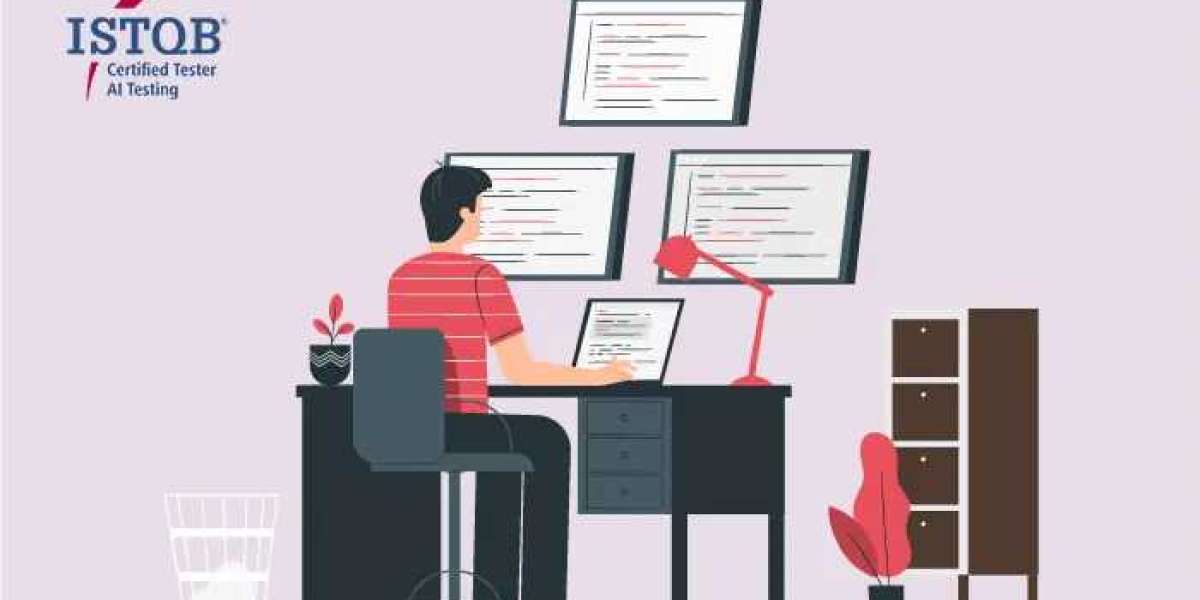The Definitive Guide for ISTQB Certified Testers
Introduction
We live in a world where software applications are part of our everyday routine. Everything we do—from using mobile applications like Uber or Zomato to running businesses that use custom-made software—is controlled by this single computer program. As software grows in complexity and criticality, the need for rigorous and practical testing has never been more paramount. The International Software Testing Qualifications Board (ISTQB) is a globally recognised body that sets the standard for software testing certifications.
The ISTQB certification is a prestigious credential that validates an individual’s knowledge and expertise in software testing principles, techniques, and best practices. Employers worldwide highly seek this certification, as it demonstrates a tester’s commitment to professional development and adherence to industry-leading testing methodologies.
This comprehensive guide will explore the world of ISTQB certification, its significance, the certification paths, and the benefits it offers to testers and organisations.
Understanding the ISTQB Certification:
ISTQB, the International Software Testing Quality Board, was founded in 2002 as a non-profit association to create a globally recognised certification program for software testers. Since then, the ISTQB has been the standard reference point for software testing certifications, and it has awarded over 800,000 certificates in over one hundred and twenty countries.
The ISTQB certification program is structured into multiple levels, allowing testers to build upon their knowledge and advance their careers gradually. The certification levels are as follows:
1. ISTQB Certified Tester Foundation Level (CTFL):
The CTFL exam is the entry-level certification in the ISTQB certification path. It is designed to validate a tester’s fundamental knowledge and understanding of basic software testing concepts, principles, and techniques.
The CTFL syllabus is divided into six main sections:
Fundamentals of Testing: This section covers the basic concepts, principles, and psychology of software testing, the testing process and its economic, psychological, and ethical considerations.
Testing Throughout the Software Life Cycle: This section focuses on testing in different phases of the software development life cycle, including requirements engineering, design, implementation, and maintenance.
Static Testing Techniques: This section covers static testing techniques such as reviews, static analysis, and tools for static testing.
Test Design Techniques: This section introduces various test design techniques, including specification-based (black-box) techniques like equivalence partitioning and boundary value analysis and structure-based (white-box) techniques like statement and decision coverage.
Test Management: This section covers test planning, monitoring, and control activities, as well as configuration management and risk management in the context of testing.
Tool Support for Testing: This section overviews different test tools and their applications in the testing process.
The current version of the CTFL is 4.0. The previous version, CTFL 3.1, is about to be retired soon. The CTFL exam consists of 40 multiple-choice questions, and candidates have 60 minutes to complete the exam. A score of 65% or higher is required to pass the exam.
2. ISTQB Advanced Level:
The ISTQB Advanced Level certifications are intended for experienced software testers who have already obtained the CTFL certification. This level offers four distinct streams:
Test Analyst: The Test Analyst stream focuses on advanced test analysis and design techniques. It covers risk-based testing, test design for specific software characteristics (e.g., usability, performance, security), and experience-based testing techniques.
Technical Test Analyst: The Technical Test Analyst stream delves into testing in a technical context, including testing software architecture, security, performance, and usability, as well as the application of tools and automation in testing.
Test Manager: The Test Manager stream covers advanced test management concepts, such as risk management, test estimation, metrics and reporting, and managing test teams and stakeholders in different project contexts.
Test Automation Engineer: The Test Automation Engineer stream focuses on the principles, techniques, and tools for automating software testing activities, including test design, execution, and maintenance of automated tests, as well as the application of automation in different testing contexts.
The Advanced Level exams consist of multiple-choice, scenario-based, and essay-type questions designed to assess practical knowledge and application of testing concepts. The exam duration and passing score may vary depending on the specific stream.
3. ISTQB Expert Level:
The ISTQB Expert Level certifications are aimed at highly experienced testing professionals who have already obtained Advanced Level certifications. This level offers three distinct streams:
Improving the Testing Process: This stream focuses on improving and optimising testing processes, including model-based testing, quality management, and process improvement methodologies such as TPI (Test Process Improvement) and TMMi (Test Maturity Model Integration).
Test Management: The Test Management stream covers advanced topics in test management, such as strategic test management, managing testing in an outsourced/offshored context, and managing organisational test processes across multiple projects and teams.
Agile Tester: The Agile Tester stream focuses on testing in an Agile context, including Agile testing principles, practices, and techniques, as well as the role and responsibilities of the tester in Agile projects and the integration of testing into Agile processes.
The Expert-Level exams are typically more challenging and require a deep understanding of testing concepts and significant practical experience in the respective domain. They may include multiple-choice, scenario-based, and essay-type questions, emphasising practical application and problem-solving.
| ISTQB Certified Tester |
| AI Tester |
| AI Tester |
| istqb certification |
| Ms office 365 price in uae |
| Microsoft Office 365 prices in the UAE |
| Google Cloud partner |
| Cloud Partner |







